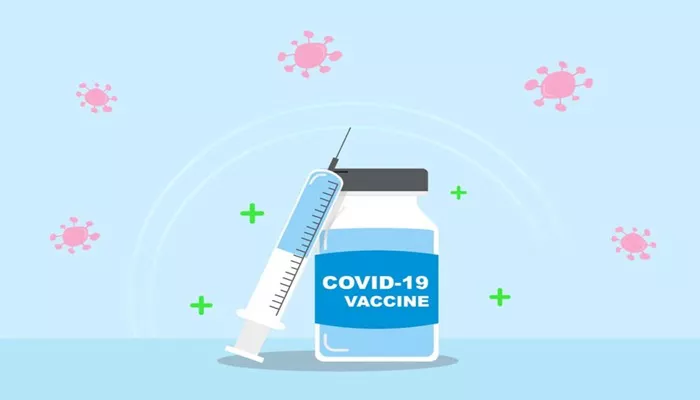Many individuals around the world continue to struggle with the lingering effects of COVID-19 long after their initial recovery. This condition, commonly known as “long COVID,” is characterized by a range of recurring symptoms, including chest pain and heart palpitations. Recent research from the University of Queensland (UQ) provides important insights into why these symptoms persist.
Investigating Cardiovascular Issues
The UQ study focused on understanding the cardiovascular problems associated with long COVID. Researchers aimed to determine why some patients experience ongoing chest pain and heart palpitations.
Professor Kirsty Short, who led the study, explained, “We found elevated levels of cytokines—proteins that help regulate inflammation—in the blood samples of people about 18 months after being infected with SARS-CoV-2.” Laboratory studies indicated that these cytokines negatively affect cardiomyocytes, the heart cells responsible for pumping blood.
These findings clarify the role of chronic inflammation in causing cardiovascular symptoms that can last for over a year after infection. This research marks a significant step toward understanding the long-term effects of COVID-19 on heart health.
Research Methodology
To explore long COVID, the research team analyzed blood samples from 50 participants across Australia. This group included individuals suffering from long COVID for over a year, those who had recovered from COVID-19, and people who had never been infected.
The researchers utilized a unique technology called the “immuno-storm chip,” developed at UQ’s Australian Institute for Bioengineering and Nanotechnology (AIBN). This advanced tool allowed them to detect trace levels of cytokines and markers associated with cardiac tissue damage.
While excited about their findings, Professor Short cautioned that more validation is needed. “It’s early days, and these results must be confirmed in larger patient groups, including those infected with newer SARS-CoV-2 variants,” she said.
Collaborative Research Effort
The study involved a collaborative team including Jane Sinclair, a Ph.D. candidate at UQ, Courtney Vedelago from AIBN, and Dr. Feargal J. Ryan from the South Australian Health and Medical Research Institute. The research represents a joint effort among several institutions, including UQ’s School of Chemistry and Molecular Biosciences and Mater Health Queensland.
Implications for Heart Health
The study emphasizes the need to understand the long-term cardiovascular effects of COVID-19, especially for those experiencing symptoms more than a year after infection. By identifying elevated cytokine levels and their impact on cardiomyocytes, this research could lead to targeted treatments aimed at reducing inflammation in long COVID patients.
Approximately 65 million people globally suffer from post-acute sequelae of COVID-19 (PASC), many experiencing cardiovascular symptoms like chest pain and palpitations.
Related topics:


